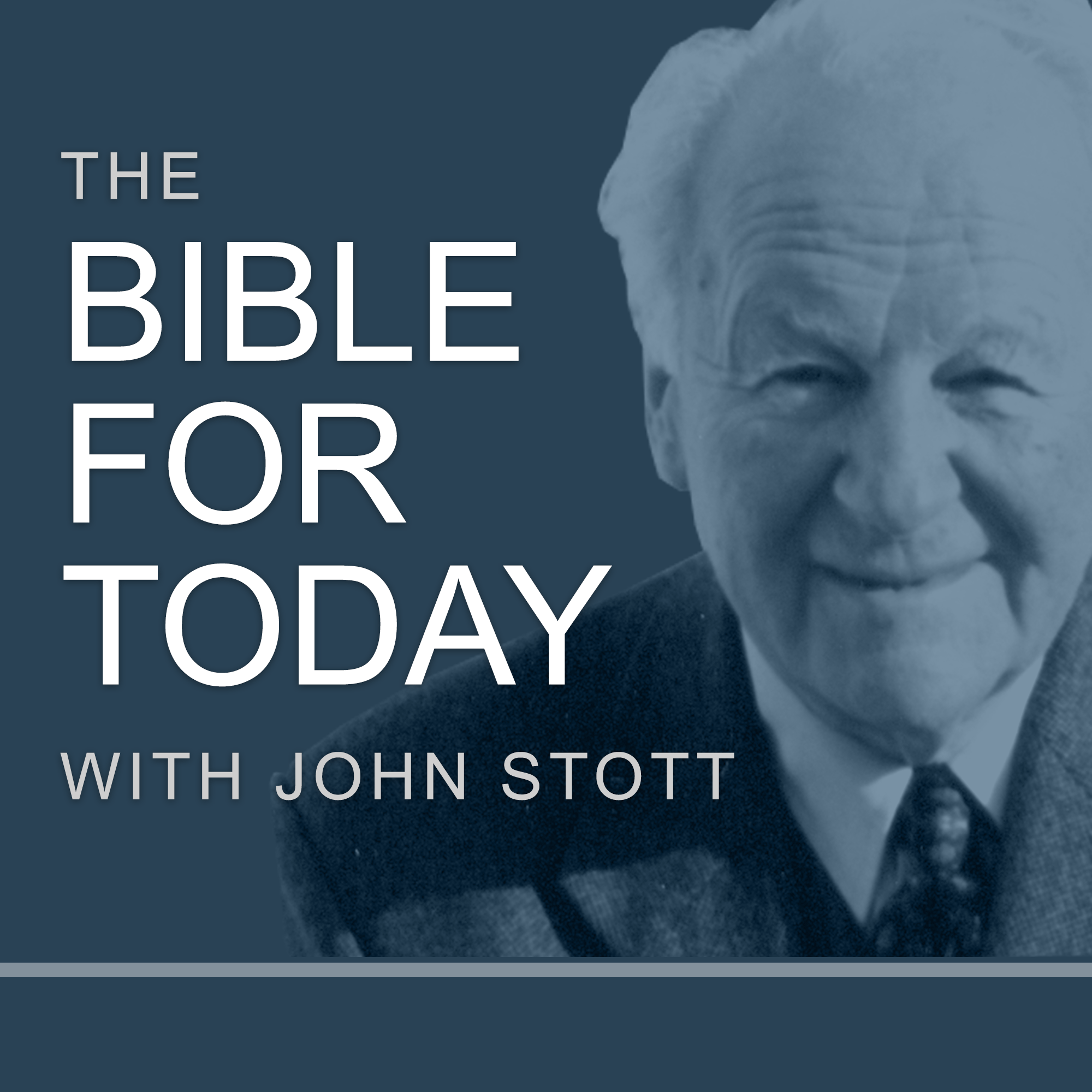The Bible for Today with John Stott
Billy Graham once referred to John Stott as “the most respected clergyman in the world.” In 2005, Time Magazine ranked him among the 100 most influential people in the world. Today Stott’s incredible theological and practical insights are available to you in The Bible for Today with John Stott. Giving you a fresh, clear, and true vision of the authentic Jesus, The Bible for Today balances high theology with practical Christian living in a way that compels eve...

